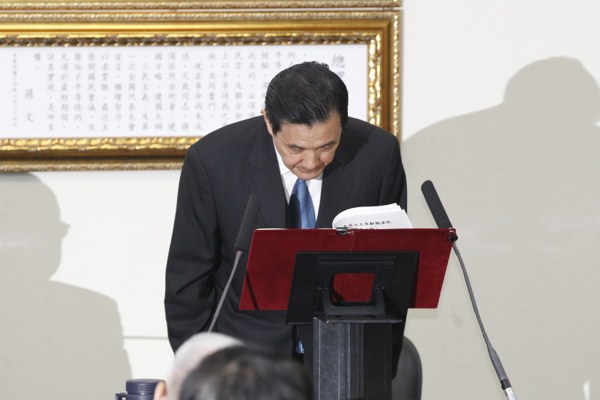Last month, Taiwan’s ruling Kuomintang (KMT) party lost local elections, receiving only 40 percent of the vote. The defeat caused Taiwanese President Ma Ying-jeou to reshuffle his Cabinet and step down as KMT party chairman. In an email interview, Joel Atkinson, research fellow at the Institute for Poverty Alleviation and International Development at Yonsei University, South Korea, discussed Taiwan’s domestic politics.
WPR: What factors led to the Kuomintang’s defeat in local elections, and what are the implications for the national-level political balance with the Democratic Progressive Party?
Joel Atkinson: The results reflect widespread dissatisfaction with where Taiwan is going. The KMT is seen as negative, factionally divided and overly friendly with China. President Ma Ying-jeou and the Kuomintang (KMT) have not fixed the problems voters really care about: inflated property prices, falling incomes, abuse in the armed forces and food safety. Benefits from the trade agreements with China have not trickled down—especially to young people. The Sunflower Movement also showed that Taiwanese care about more than just access to the Chinese market. They cherish democracy, transparency and their rights as citizens. For many, the KMT can’t be trusted to put these values first.

